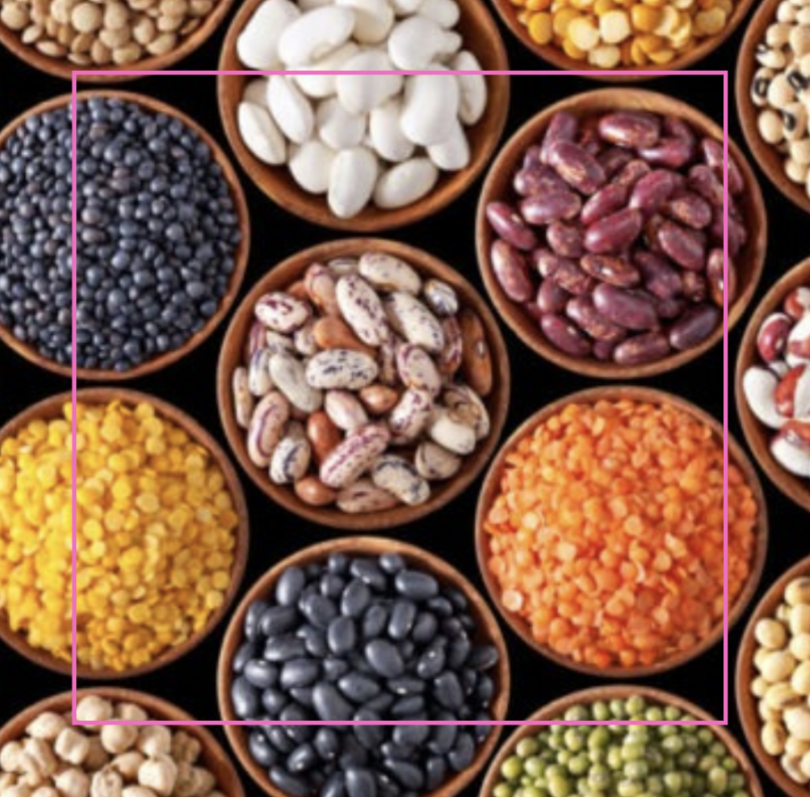By slowing down the rate of absorption of food, dietary fiber helps control the level of glucose in the body and thus prevent accelerated aging.
Dietary fiber, complex carbohydrates, has the particularity of not being digested by the body. They are mainly found in fruits, vegetables, legumes, cereals.
Many studies have demonstrated the benefits of dietary fiber: fight against obesity, prevent diseases related to aging, such as diabetes and certain cancers…
Several mechanisms of action are invoked to explain these benefits (1). Among them, by slowing down the speed of absorption of carbohydrates, fiber makes it possible to control and reduce the level of glucose in the blood
Combined with a low glycemic index diet, dietary fiber is a great way to promote healthy aging. Since the Western-type diet is low in fiber, it is recommended to increase their intake by consuming in particular legumes and whole grains.
Be careful however, the high variability between individuals of the glycemic response to identical foods, requires a personalized and monitored dietary approach (2).
© AGE Breaker 11 2022
✅ [AGE BREAKER, patented nutritional supplements, based on rosmarinic acid, recognized by aging specialists around the world for their properties to reverse the effects of glycation.]
✅ [Glycation is one of the major causes of aging. Resulting from the fixation of sugars on the proteins constituting the organism, glycation generates toxic compounds that cause cellular aging. Glycation is particularly involved in metabolic disorders, skin aging and cognitive decline.]
More on www.agebreaker.com
#agebreaker #glycation
(1) : I. Skye Waddell et al. Dietary fiber in the prevention of obesity and obesity-related chronic diseases: From epidemiological evidence to potential molecular mechanisms. Critical Reviews in Food Science and Nutrition. Published online: 26 Apr 2022. https://doi.org/10.1080/10408398.2022.2061909
(2) : K. Pasmans et al. Nutritional strategies to attenuate postprandial glycemic response. Obes Rev 2022 Sep;23(9):e13486. DOI: 10.1111/obr.13486









